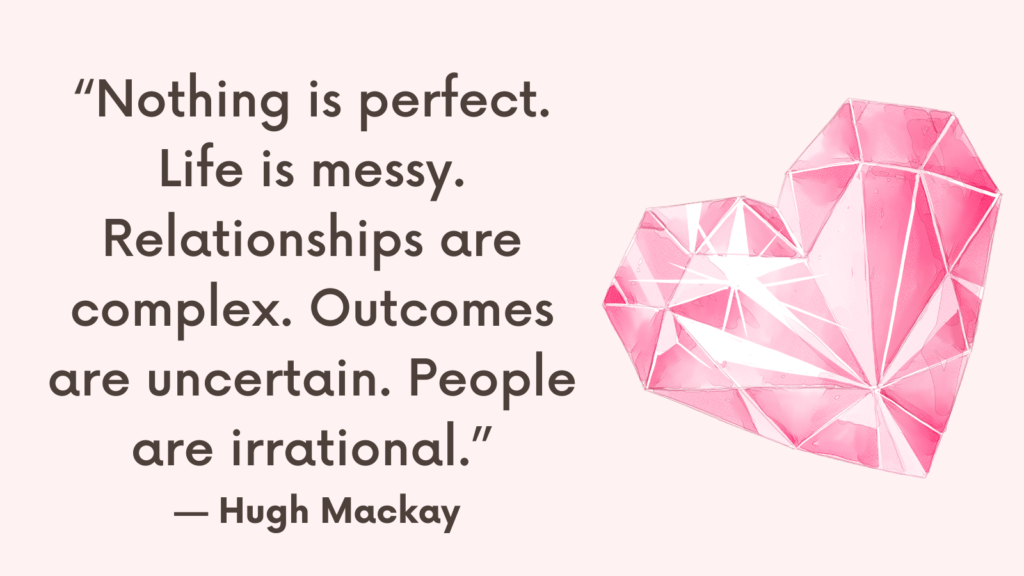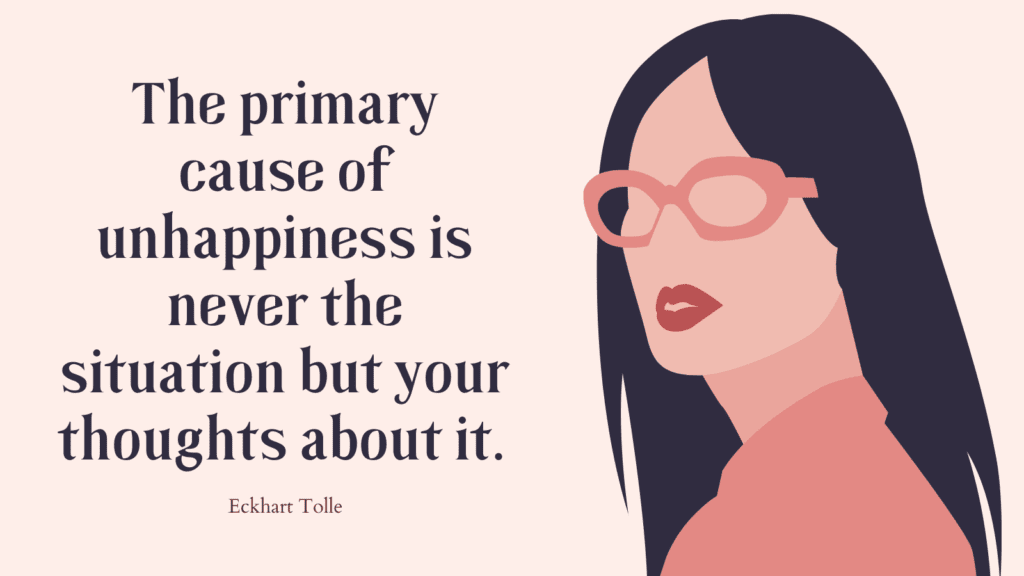In this post, you’re going to find out how to stop lying in a relationship.
Why Do We Lie In A Relationship?
Lying in a relationship can stem from various underlying reasons, and understanding these motives is essential in addressing and resolving the behavior. Some common reasons why individuals may lie in a relationship include:
1. Fear of Conflict: Some people resort to lying as a way to avoid conflicts or disagreements with their partner. They may fear that expressing their true thoughts or feelings could lead to tension or turmoil in the relationship.
2. Insecurity: Feelings of inadequacy or insecurity can lead individuals to embellish the truth or present a false image of themselves in an attempt to gain acceptance or approval from their partner.
3. Desire to Protect: Lying may sometimes stem from a misguided intention to protect the other person or shield them from potential hurt or discomfort. Individuals may believe that withholding certain information or distorting the truth is in the best interest of their partner.
4. Avoidance of Consequences: Lying can be a mechanism for avoiding negative consequences or repercussions. Individuals may fabricate stories or withhold information to escape accountability or judgment.
5. Seeking Validation: Some individuals may lie in an attempt to seek validation or admiration from their partner. Presenting an idealized version of themselves or their accomplishments can be driven by a need for recognition and praise.
6. Lack of Trust: In some cases, a lack of trust in the relationship can lead to dishonesty. Individuals may feel compelled to lie if they perceive a lack of trust or understanding from their partner.
7. Self-Preservation: Concealing personal thoughts, behaviors, or past experiences can be a form of self-preservation. Fear of rejection or judgment may prompt individuals to distort the truth to safeguard their self-image.
8. Habitual Behavior: For some individuals, lying may become a habitual or automatic response to various situations. This pattern of dishonesty can be deeply ingrained and may require conscious effort to address and change.
Related: Is My Boyfriend A Compulsive Liar Quiz
How To Stop Lying In A Relationship?
1. Addressing the Issue
Lying in a relationship can be damaging to trust and intimacy.
It’s important to acknowledge the behavior and its impact on the relationship.
Recognizing that lying is not conducive to building a strong, healthy connection is the first step towards change.
2. Understanding the Root Cause
It’s crucial to understand the underlying reasons for lying in a relationship.
People may lie due to fear of conflict, insecurity, or a desire to avoid negative consequences.
Reflecting on the motives behind the lying behavior can help in understanding and addressing it effectively.
3. Open Communication
Creating a safe space for open and honest communication is essential.
Both partners should feel comfortable expressing their thoughts and emotions without fear of judgment.
Encouraging transparent communication can diminish the need for dishonesty and foster trust.
Related: 4 Essential Keys To Effective Communication
4. Building Trust
Rebuilding trust after lying will take time and effort.
Consistent honesty, reliability, and transparency are key to rebuilding trust.
Honoring commitments and being open about thoughts and feelings can gradually restore trust in the relationship.
5. Developing Emotional Intelligence
Understanding and managing emotions plays a significant role in reducing the inclination to lie.
By developing emotional intelligence, individuals can better navigate challenging situations and express themselves honestly and assertively.
6. Cultivating Empathy
Empathy is crucial in understanding the impact of lying on a partner.
Cultivating empathy can help in recognizing the hurt and mistrust caused by dishonesty, fostering a deeper understanding of the consequences of lying.
Related: How To Become A Stronger Empath? Top 20 Actionable Empathy Exercises to Become More Empathetic
7. Navigating Conflict Constructively
Addressing conflict openly and constructively is important in reducing the likelihood of resorting to lies.
Developing healthy conflict resolution skills and strategies for managing disagreements can minimize the need for deceit in challenging situations.
8. Promoting Personal Integrity
Upholding personal integrity involves aligning one’s actions with their values and principles.
Encouraging honesty as a core value in the relationship and aligning behaviors with that value can lead to greater authenticity and trust.
9. Forging a New Path
Through self-reflection, open communication, and a commitment to personal growth, individuals can make meaningful changes in their behavior.
Accepting responsibility for past dishonesty and actively forging a new path based on honesty can lead to a more authentic and fulfilling relationship.
Related: Is It ROCD Or Am I Not In Love? Top 4 Powerful Ways to Overcome Relationship Anxiety And ROCD

Conclusion
Lying in a relationship can have detrimental effects on trust, intimacy, and emotional connection.
Addressing the root causes of dishonesty through open communication, self-reflection, and, at times, professional support can facilitate positive changes and foster a healthier dynamic within the relationship.



